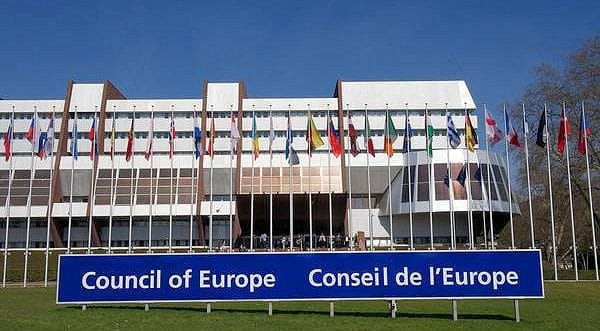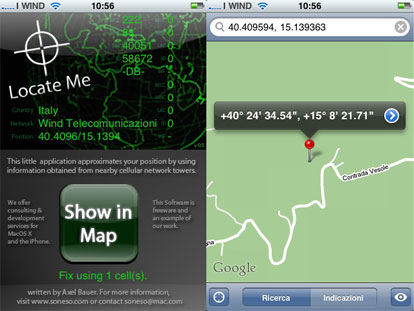
Recommendation of the Council of Europe which explicitly prohibits employers from 'spying' on employees and interfering in their private life. Strong limits on the use of cameras and the worker has the right to know what data is being collected
 Remote control of workers, one of the most controversial and criticized aspects of the Jobs Act, now finds a heavy halt: in fact, the Council of Europe explicitly bans employers from 'spying' on employees and interfering in their private life of those who work for them. One says so Recommendation of the Committee of Ministers of the Council of Europe – reported by Ansa – which aims to protect the privacy of workers in the face of technological advances that allow employers to collect and store all types of information.
Remote control of workers, one of the most controversial and criticized aspects of the Jobs Act, now finds a heavy halt: in fact, the Council of Europe explicitly bans employers from 'spying' on employees and interfering in their private life of those who work for them. One says so Recommendation of the Committee of Ministers of the Council of Europe – reported by Ansa – which aims to protect the privacy of workers in the face of technological advances that allow employers to collect and store all types of information.
More specifically, the Council of Europe states that to employers it is it is forbidden to use any technology for the sole purpose of monitoring the activities and behavior of employees, but above all that if it is necessary to use cameras or other surveillance systems, these must never be positioned in areas where employees do not normally work, such as changing rooms, recreational areas, or canteens.
 Another important aspect highlighted by the Council of Europe: the worker always has the right to know what data the 'owner' is collecting about him and why, and also has the right to view them, to request their correction, and even cancellation. The recommendation also lists all the information that an employer cannot ask of the employee or whoever wants to hire, and the limits that he must respect in communicating the data collected, even within the same company.
Another important aspect highlighted by the Council of Europe: the worker always has the right to know what data the 'owner' is collecting about him and why, and also has the right to view them, to request their correction, and even cancellation. The recommendation also lists all the information that an employer cannot ask of the employee or whoever wants to hire, and the limits that he must respect in communicating the data collected, even within the same company.
So, even if it is not a rule with binding value, the recommendation has an important weight, also because it can be used before national courts, and then possibly before the Strasbourg Court, by anyone who believes their privacy has been violated.
Related news: Fedaisf. The remote control of the ISF. Forbidden, but…
Geolocation and Privacy: a possible coexistence. The news of the Jobs Act
Law 10.12.2014 n° 183 , Official Gazette 15.12.2014
To operate in line with current legislation, it is necessary precede the installation of the system of geolocation the signing of a specific agreement with the trade union representatives (or as authorized by the DPL) and then observe the following privacy compliance: request for preliminary verification and notification to the Guarantor, privacy information to be provided to interested parties, appointment as person in charge and as manager of the subjects involved in the data processing operations, minimum security measures suitable for reducing the risk of unauthorized access and loss or destruction of data.
What has been said obviously applies in the case of geolocation systems activated on company tools, therefore both in the case of GPS systems installed on company vehicles (with respect to which the Guarantor has issued a general provision on October 4, 2011), and in the event that the processing of geographical location data takes place through Tablet or smartphones corporate and mobile apps installed there (case expressly considered by the Authority in two recent provisions for the acceptance of preliminary verification requests, which bear the date of theSeptember 11, 2014 he was born in October 9, 2014).
Agents. There is no doubt that the company can't check the position of the agent with the use of IT tools, especially when one considers that this control, due to the functions of the iPAD, remains valid within 24 hours, therefore outside the agent's working period, in stark contrast to all current legislation.
Last but not least, it is necessary to point out that the agent's activity, according to the constant and compliant teaching of the Court of Cassation, cannot be controlled nor with the preparation of itineraries by the principal nor with a request for detailed information, day by day, of the work done. The commercial agent is an independent worker, an entrepreneur, a professional, he is ultimately a person who is free to determine himself in the fulfillment of the obligations undertaken with the sole constraint of compliance with the law and the contractual commitments undertaken. [Lawyer Agostino Petriello]





